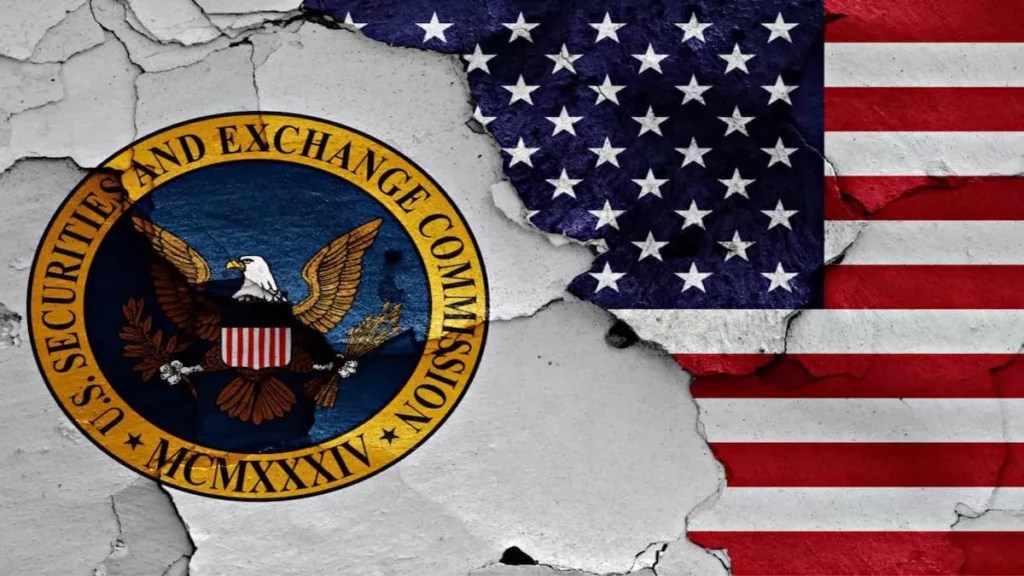The recent Wells notice issued by the U.S. SEC to OpenSea has brought the issue of digital-asset regulation to the forefront of discussions. The SEC’s allegations that some NFTs traded on the platform may qualify as unregistered securities have raised concerns about the legality of OpenSea’s operations. The question arises: is the SEC overstepping its authority in the realm of digital assets? And what implications could this investigation have for OpenSea, the NFT market, and the broader cryptocurrency industry as a whole?
The SEC’s investigation into OpenSea is part of a larger effort to apply securities laws to the emerging crypto and NFT markets. CEO Devin Finzer has stated that OpenSea intends to fight the SEC’s accusations, arguing that the platform is not an unregistered securities exchange. However, the SEC’s issuance of a Wells notice indicates that enforcement action may be imminent. This regulatory scrutiny has put the NFT world on high alert, raising concerns among creators, developers, and marketplace operators about the future of the industry.
While regulation can provide clarity and stability to a maturing market, the SEC’s attempts to fit NFTs into traditional securities law frameworks may have unintended consequences. Many NFT creators view their work as digital art and forms of self-expression, rather than investment vehicles. If the SEC continues to scrutinize NFT projects, it could stifle the artistic and creative energies that have fueled the vibrancy of the NFT marketplace.
The SEC’s efforts to regulate NFTs and their platforms threaten to undermine the core principle of decentralization that underpins the NFT ecosystem. By applying outdated rules for financial instruments to new platforms, the SEC risks pushing the industry towards more centralized control. This could have far-reaching implications for creators, users, and investors in the digital economy.
The legal battle between OpenSea and the SEC has the potential to set a significant precedent for the broader NFT marketplace. If the SEC prevails, we may see increased regulatory oversight and compliance costs in the NFT sector. This could price out smaller creators and make NFT platforms more exclusive to wealthy individuals. However, it could also lead to the development of tailored regulations for NFTs that benefit the ecosystem as a whole.
While the SEC plays a critical role in ensuring the safety and stability of financial markets, it must balance its regulatory objectives with the need to preserve the vibrancy and creativity of the NFT space. A measured and thoughtful approach to regulation is essential to safeguard consumers while supporting innovation in the decentralized blockchain ecosystem. The outcome of the SEC’s investigation into OpenSea will be a defining moment for the future of digital-asset regulation and the broader NFT market.















Leave a Reply